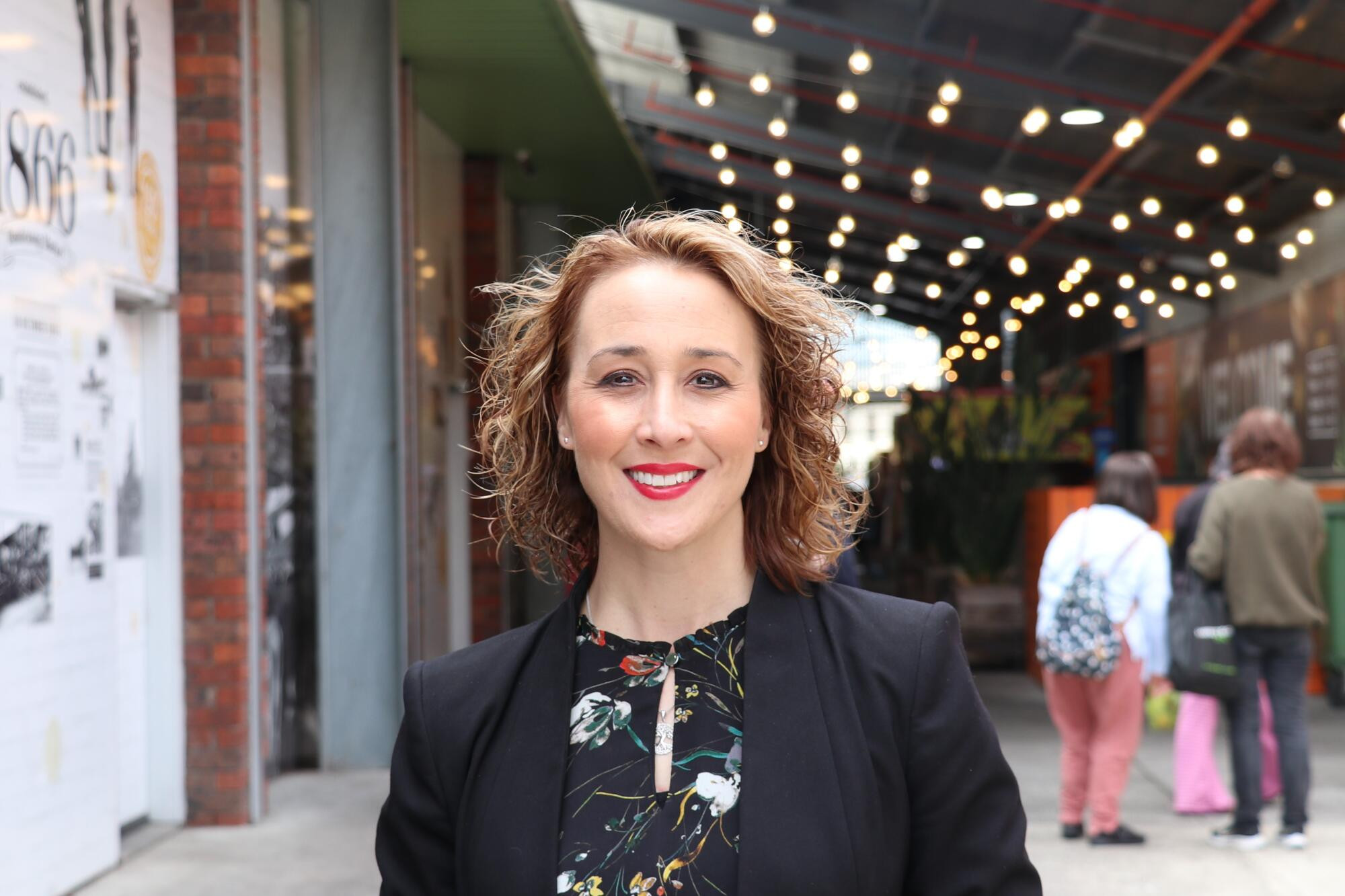General News
11 September, 2023
Opinion: Aboriginal agreements not to be feared
By GABRIELLE WILLIAMS AUSTRALIA is home to the longest continuous culture in the world. Unlike many other colonised nations, colonisation in Australia took place in the absence of any formal agreement. And through a range of policies, Aboriginal...

By GABRIELLE WILLIAMS
AUSTRALIA is home to the longest continuous culture in the world.
Unlike many other colonised nations, colonisation in Australia took place in the absence of any formal agreement. And through a range of policies, Aboriginal people were removed from their land, disconnected from their culture, and killed in large numbers.
This is the truth of our history, and it continues to impact outcomes for Aboriginal and Torres Strait Islander people to this very day.
Governments across our nation have long committed to Closing the Gap – the gap in life expectancy, incarceration rates, child removal rates and economic prosperity, among other important measures.
As one part of this effort, jurisdictions have sought to find ways to reconnect Aboriginal people to land and culture, through land use agreements.
At a national level, there is Native Title legislation. In Victoria, we also recognise connection to Country under the Traditional Owner Settlement Act. For 10 years, under this Act, we have been entering into Recognition and Settlement agreements with Traditional Owner Groups about land use.
Recently, you may have heard about one of these agreements between the Victorian Government and the Wotjobaluk, Jaadwa, Jadawadjali, Wergaia and Jupagulk Peoples of the Wimmera, who together form part of the Barengi Gadjin Land Council (BGLC).
There has sadly been a deliberate campaign of misinformation about this agreement –misinformation that has little to do with this agreement or any of the non-issues it seeks to identify.
This misinformation has far more to do with an unrelated national discussion currently taking place.
Contrary to claims, the agreement is not secret. It is publicly available online. It was even publicly celebrated with a media release.
The agreement does not place any legal obligations on local government. It does not impact current council laws and regulations. Local governments are independent of the Victorian Government and will determine their own commitments under the agreement.
The agreement provides opportunity for economic empowerment, and knowledge-building. For example, it offers Victorian Government funded Park Rangers the opportunity to gain a deeper understanding of the land they are managing and protecting.
It will mean greater engagement with people who managed this land successfully for tens of thousands of years, for the benefit of farmers and other landholders, as well as visitors to the region.
It supports economic projects like the Dalki Garringa Native Nursery, which the BGLC developed after purchasing the old Wail nursery in 2017. Dalki Garringa services clients such as Hindmarsh Landcare Network, Mallee Catchment Management Authority and Greening Australia, through plant propagation, seed collecting and planting projects. The nursery has created job opportunities and provided economic sustainability for Aboriginal people in the area.
Far from being something to fear, these agreements lift us all. The agreement with the BGLC delivers benefits for the entire Wimmera Community.
And yet it has been dangerously misrepresented in order to stoke distrust for political gain.
The truth is those misrepresenting this agreement are standing in the way of jobs, skills and economic development for the Aboriginal community. Something that delivers benefits for us all.
Finally, it’s worth noting that this is the fourth Recognition and Settlement agreement signed by the Victorian Government and Traditional Owners since 2010. If you weren’t aware of that, its probably a sign that the sky hasn’t fallen in.
So, lets embrace conversations about how to empower local communities and listen to First Peoples knowing that we all stand to benefit from a community where everyone is doing well. Let’s have these discussions without seeking to marginalise or pedal mistruths.
We encourage local government and all Victorians to work with us and Aboriginal people to deliver the benefits this Recognition and Settlement agreement will bring to the entire community – along with future agreements we might forge with Aboriginal people.
* Gabrielle Williams is the Victorian Minister for Treaty and First Peoples